Cancer is a complex and multifaceted disease that affects individuals across the lifespan. With neoplastic diseases now the second leading cause of death worldwide, comprehensive and compassionate care is more crucial than ever. Yet, one of the most serious and prevalent complications of cancer remains persistently underrecognized and undertreated: malnutrition.
The Silent Burden of Malnutrition in Cancer
Malnutrition in cancer patients is not merely a secondary concern, it is a critical clinical issue that impacts treatment efficacy, recovery, and overall quality of life. An estimated 10–20% of cancer-related deaths are attributed not to the disease itself, but to the consequences of malnutrition (1). This alarming statistic underscores the urgent need for early identification and nutrition-focused interventions throughout the cancer care continuum.
Malnutrition can be caused both by the tumor’s metabolic demands and the side effects of cancer treatments such as chemotherapy, radiation therapy, and surgery. These interventions, while often necessary, bring with them a host of nutritional challenges including:
- Nausea
- Altered taste
- Reduced appetite
- Gastrointestinal disturbances
- Fatigue
These symptoms, alone or in combination, can drastically reduce nutrient intake and absorption, leading to significant nutritional deficits.
Clinical Consequences: Why Nutrition Matters
The impacts of malnutrition extend far beyond weight loss or reduced food intake. Poor nutritional status is directly associated with (2):
- Increased treatment toxicities
- Higher morbidity and mortality rates
- Prolonged hospital stays
- Reduced physical function and independence
- Diminished quality of life
- Lower treatment adherence
Nutrition plays a vital role in helping patients withstand aggressive therapies, recover from procedures, and maintain functional status throughout the cancer journey. Despite this, studies show that only 30–80% of patients at risk receive a formal nutritional assessment, and fewer than half of those receive appropriate nutrition intervention (2,3).
Bridging the Gap: The Role of Nutrition Professionals
Nutrition professionals – particularly registered dietitian nutritionists (RDNs) – are uniquely qualified to address this gap in care. As experts in medical nutrition therapy, RDNs can:
- Perform early and ongoing nutrition assessments
- Develop individualized nutrition care plans
- Monitor changes in weight, intake, labs, and functional status
- Provide evidence-based interventions to manage symptoms and support intake
- Collaborate with multidisciplinary teams to optimize care
Routine malnutrition screening and nutrition counseling should be standard practice in oncology settings.
Call to Action: Integrate Nutrition into Oncology Care
At Becky Dorner & Associates, we’re committed to equipping nutrition professionals with the tools and knowledge they need to make a difference in oncology care. Explore our evidence-based oncology-focused continuing education courses and webinars, designed to provide the latest insights and practical strategies for managing patients with cancer. Whether you’re looking to deepen your expertise or meet professional development requirements, our resources will empower you to deliver impactful, compassionate nutrition care.
References
- Muscaritoli, M., Arends, J., Bachmann, P., Baracos, V., Barthelemy, N., Bertz, H., Bozzetti, F., Hutterer, E., Isenring, E., Kaasa, S., Krnaric, Z., Laird, B., Larsson, M., Laviano, A., Muchlebach, S., Oldervoll, L., Ravasco, P., Solheim, T. Strasser, F., Schueren, M., Preiser, J.C., Bischoff, S. (2021). ESPEN practical guideline: Clinical Nutrition in cancer. Clinical Nutrition. 40(5):2898-913.
- Aprile, G., Basile, D., Giaretta, R., Schiavo, G., La, Verde N., Corradi, E., Monge, T., Agustoni, F., Stragliotto, S. (2021). The clinical value of nutritional care before and during active cancer treatment. Nutrients. 13(4):1196.
- Parsons, H.M., Forte, M.L., Abdi, H.I., Brandt, S., Claussen, A.M., Wilt, T., Klein, M., Ester, E., Landsteiner, A., Shaukut, A., Sibley, S., Slavin, J., Sowerby, C., Ng, W., Butler, M. (2023). Nutrition as prevention for improved cancer health outcomes: a systematic literature review. JNCI Cancer Spectrum. 7(3): pkad035.





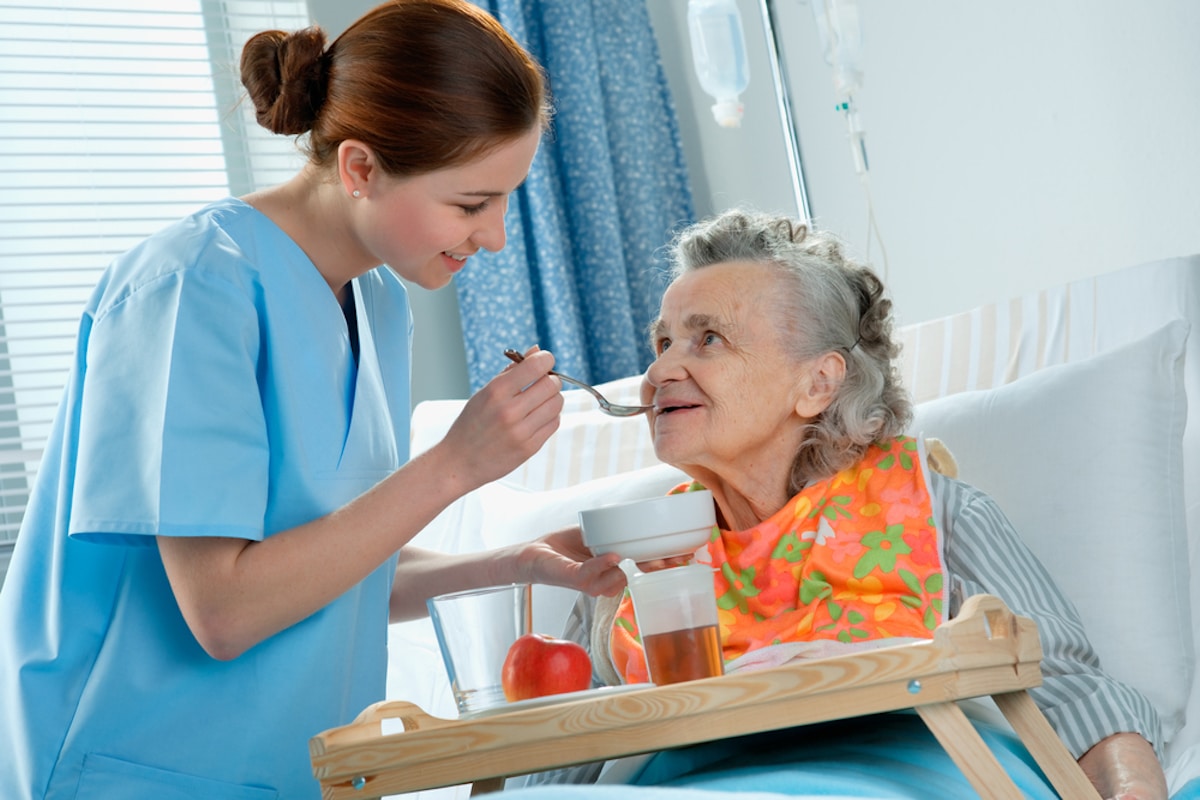

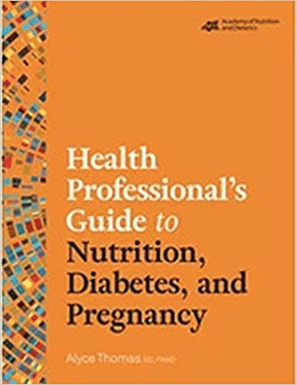
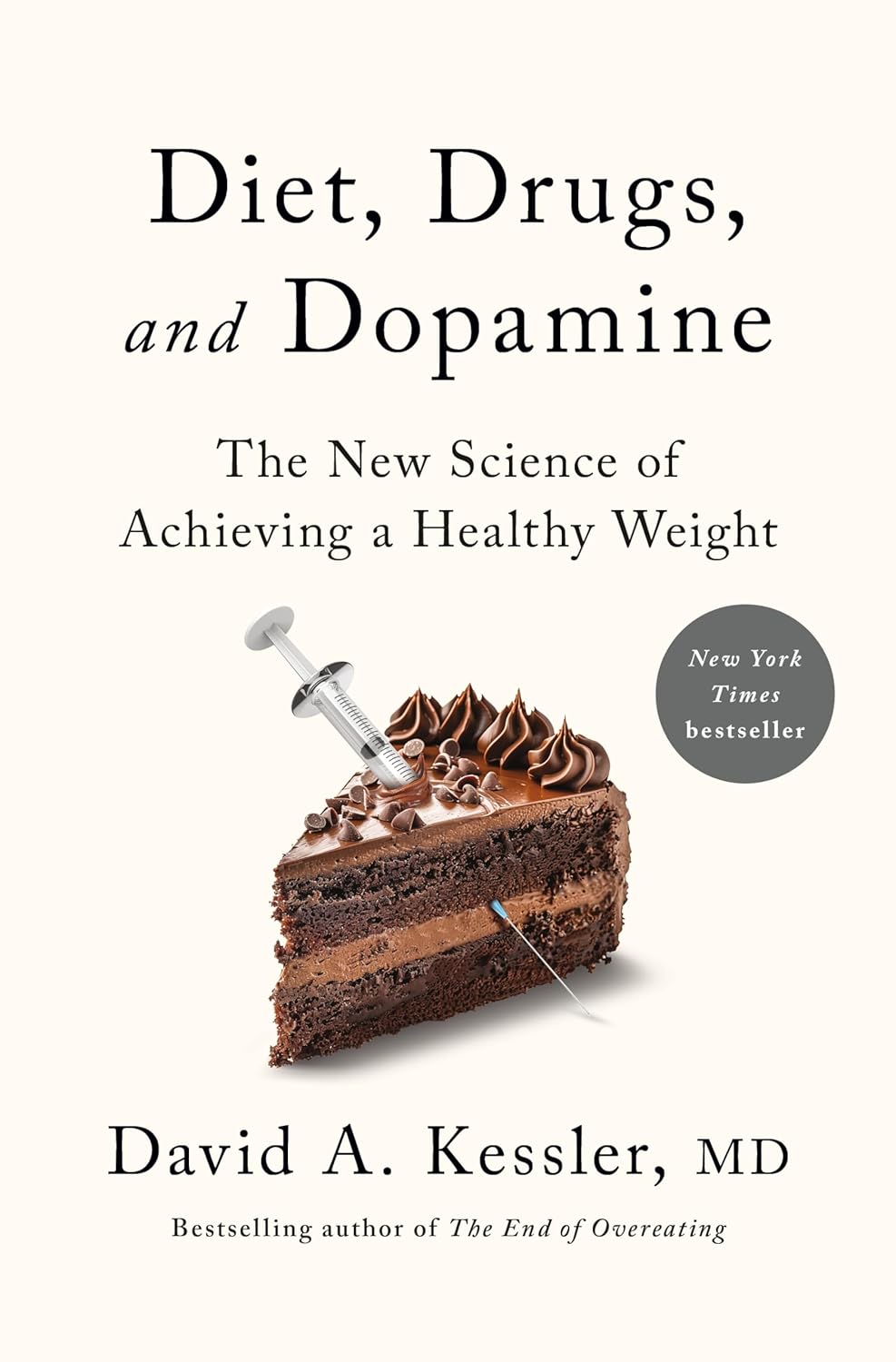
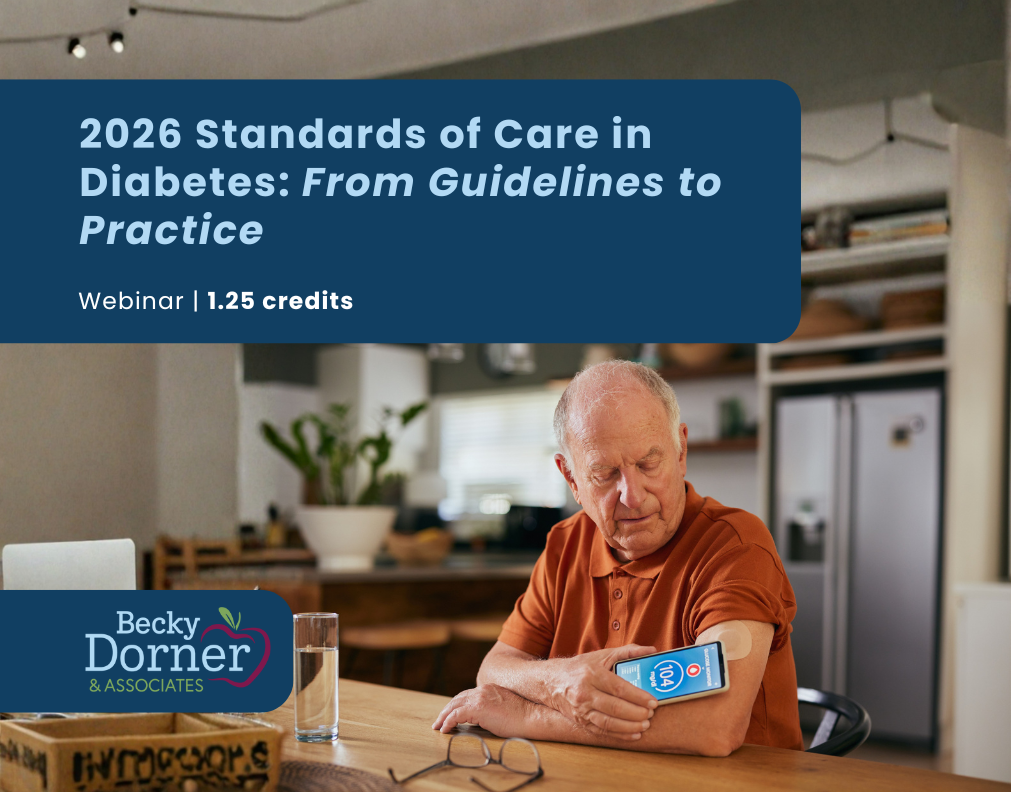

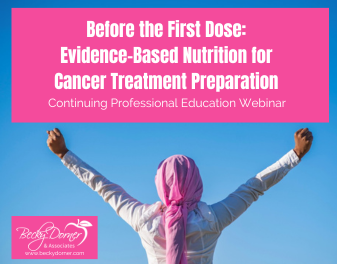
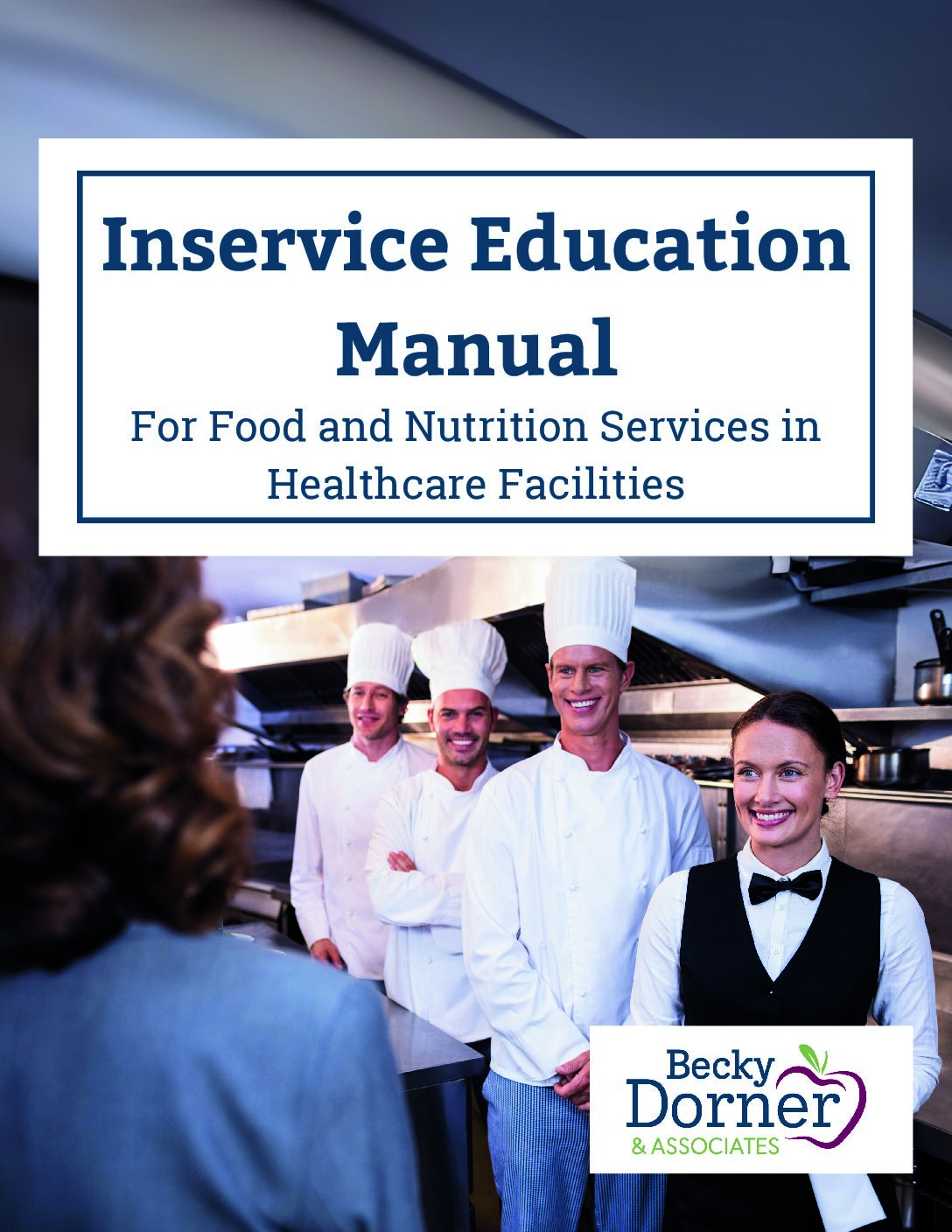
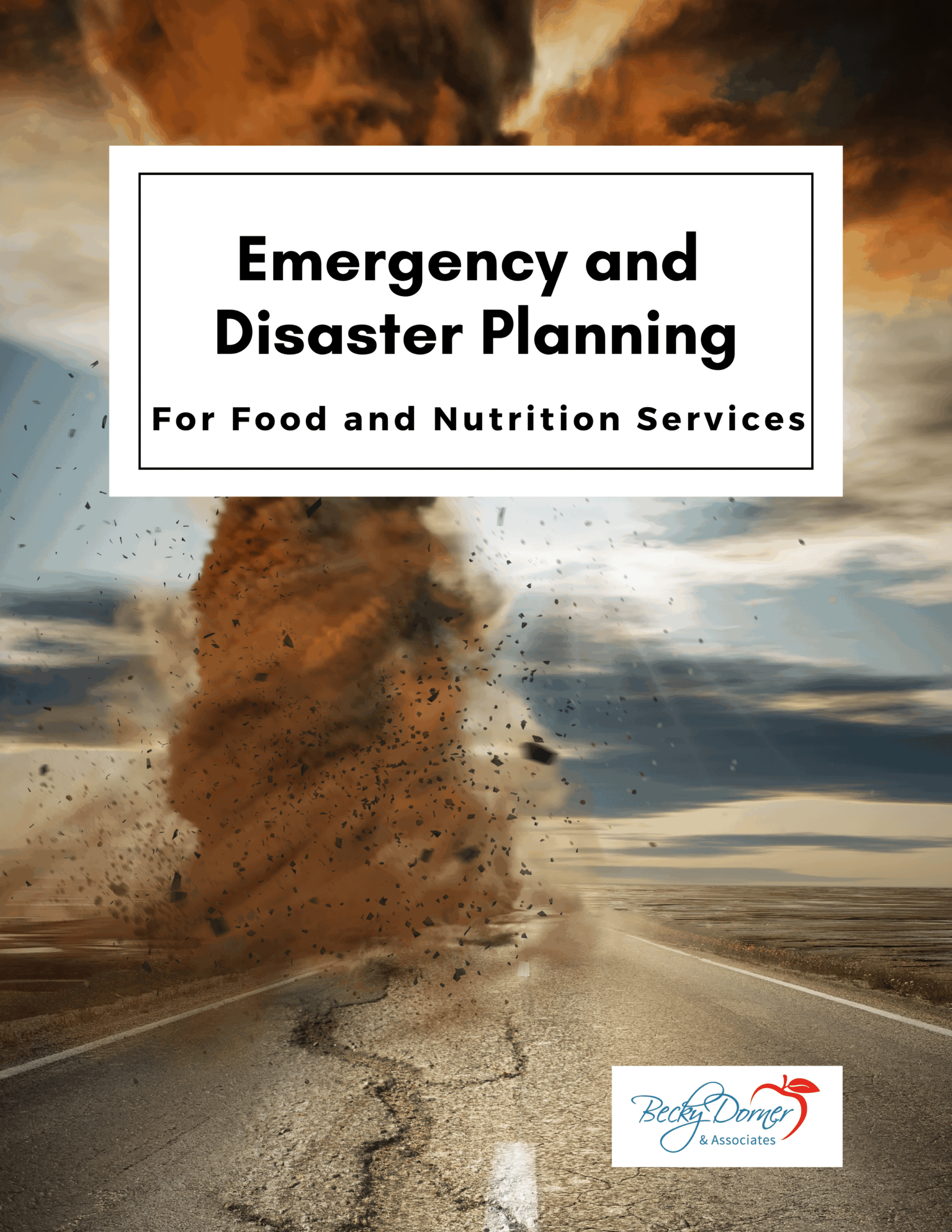
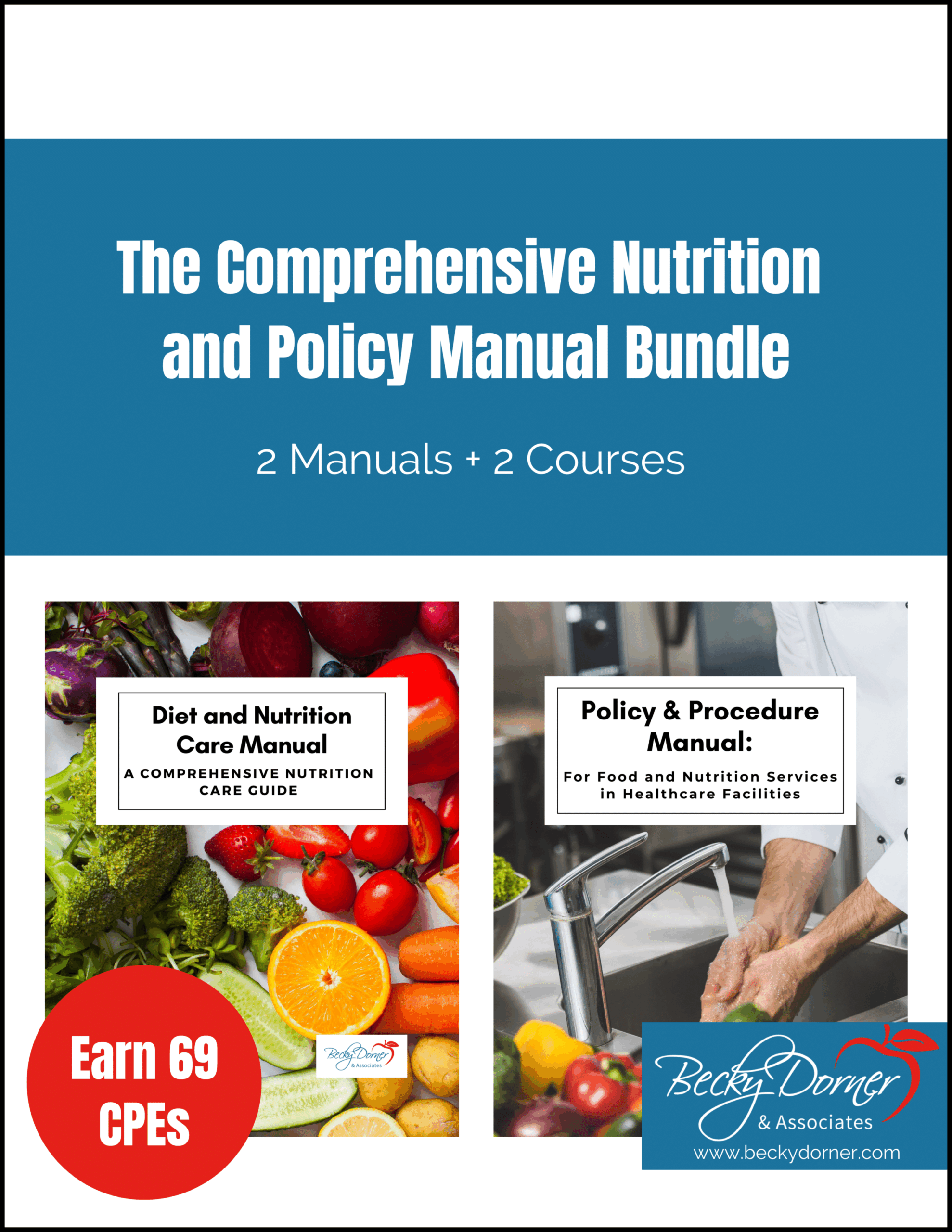
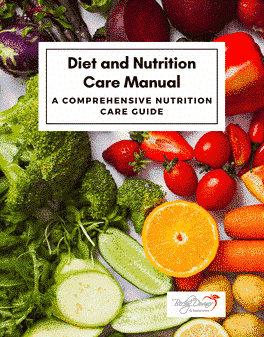
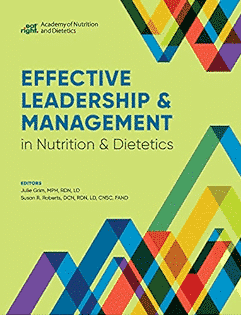
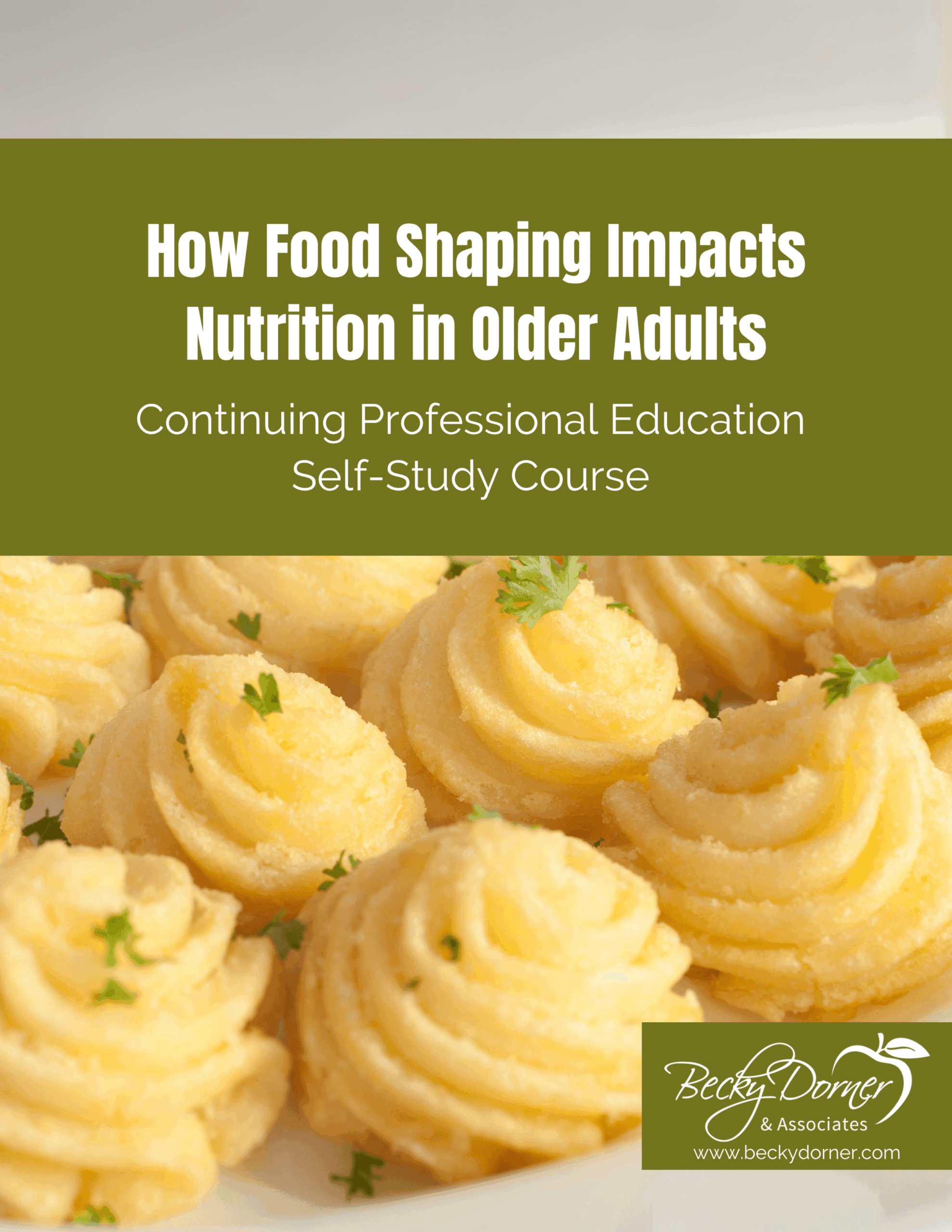

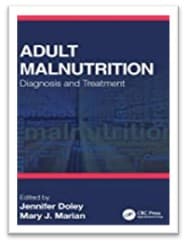
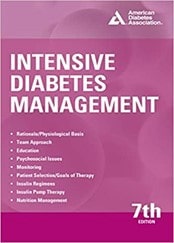


Connect With Us